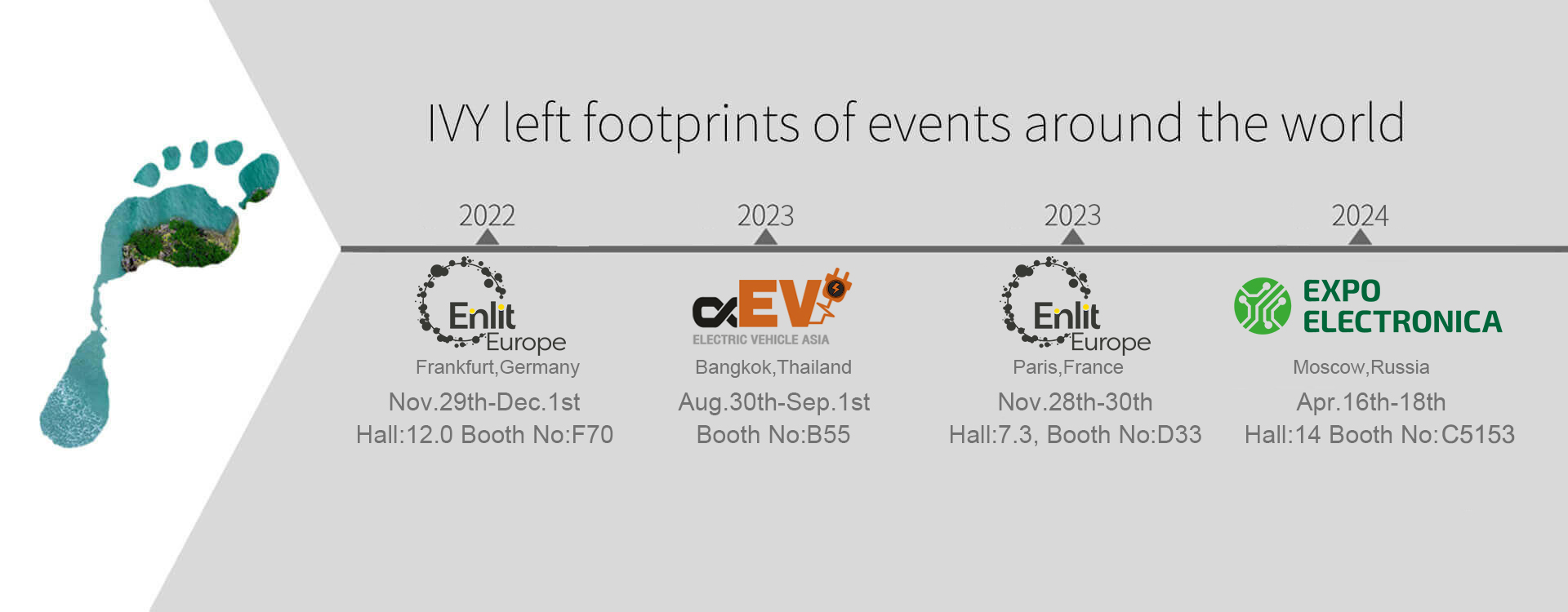Electric Vehicle Development of Indian Market
As we all know the electric vehicle industry in whole world and in India is a growing industry. The central and state governments have launched schemes and incentives to promote electric mobility in the country and some regulations and standards are also in place. While the country stands to benefit in a large way by switching its transport from IC engines to electric motor-powered, there are challenges like lack of charging infrastructure, high initial cost and lack of electricity produced from renewable energy. Still, e-commerce companies, car manufacturers, app-based transportation network companies and mobility solution providers have entered the sector and are slowly building up electric car capacity and visibility.
Union Road Transport Minister Nitin Gadkari stated before, he believes; "India will be a manufacturing hub for electric vehicles within the next five years, adding that several countries do not want to deal with China after the COVID-19 crisis, which can be an opportunity for India." The minister asked Indian automotive companies to boost their electric vehicle technology and also to focus on finding alternatives to lithium-ion battery tech to help make India the next global manufacturing hub for electric vehicles.
The government is going full throttle in its efforts to realise the ambition of making India an electric vehicle hub by 2030. In its endeavour the government has announced a plethora of electric mobility policies and regulatory measures, including the FAME II Scheme and plans for setting up of charging station every three km in cities and every 25 km on highways.
This coupled with the rise of Electric Vehicle retrofitting for old cars as an economically viable option has opend up an entirely new sector and opportunities for businesses.
Today let’s learn the standard together and it will be helpful if Chinese EV manufacturer and Chinese EV components manufacturer want to embrace competition and cooperation.
AC charging
IS:17017 specifies Bharat EV Charging standard AC001. It uses 15 A, 230 V, 3.3 kW, and an IEC 60309 connector. Electric vehicles can be charged using a regular 220V - 15 A household supply that delivers around 2.5 kW power. There is no policy or standard defined for at-home EV charging. Bharat EV specifications recommend the installation of a Residual Current Circuit Breaker to ensure safety and using an IEC 60309 Industrial connector, but a 3 pin 15 A plug could also be used. For higher power AC charging (~22 kW), Type 2 connectors are specified. The advantage of Type 2 connectors is that, they can use three phase AC power for charging.
DC charging
The public DC Charging Standard is DC 001. It uses custom GB/T for EV-EVSE communication over CAN mode. It uses 200 A, 15 kW, and a GB/T 20234 connector. Maximum DC O/P Voltage is 100 VDC. There is very few cars in market with this standards like Mahindra e-Varito, Mahindra e20 and Tata Moters e-Tigor. The IS:17017-1 published by BIS in August, 2018 recommends CCS-2 (Combined Charging System) and CHAdeMO protocols for high power fast charging. The advantage of CCS over CHAdeMO and GB/T is that it uses Power Line Carrier Communications (PLCC) for EV-EVSE communication while CHAdeMO and GB/T use CAN. PLC allows secure communication using encrypted messages and the link can support higher data-rate as compared to that by CAN.
Electric Vehicle Supply Equipment (EVSE)
The IS:17017 standard published by the Bureau of Indian Standards (BIS) covers general requirements and safety norms for EVSEs.
Central Management System (CMS)
The Open Charge Point Protocol (OCPP) 1.5 or higher over the internet is to be used.
It is not difficult to see that every country is seeking every opportunity to develop its own hard power and want to make its infrastructure construction its own ideal, whether it is China or India. After the major examination of the epidemic, China is actually more tolerant and open minded and more responsible, and Chinese companies are no exception. We are more willing to communicate and cooperate with each other than to replace each other. For example, we sponsored the Indian Electricity Summit in 2019-2020, and at the same time cooperated with local giants in research and development, technology sharing, and training exchanges. IVY will continue to produce and provide EV components that meet Indian standards and even help Indian partners in EV projects. As an international company, global IVY will continue to play a role.
 Previous: New Energy Field
Previous: New Energy Field









